Varadarajan v. State of Madras
AIR 1965 942 · Supreme Court of India · Criminal Law — Section 361 IPC (Kidnapping from Lawful Guardianship)
Table of Contents
Quick Summary
Case Title: Varadarajan v. State of Madras (AIR 1965 942)
Section 361 IPC punishes kidnapping from lawful guardianship. The Supreme Court drew a clear line between active taking/inducing and mere cooperation. Because the minor, Savitri, initiated contact, went willingly, and chose to marry, and there was no proof of inducement by the accused, the Court held that “taking” was not proved and acquitted him.

Issues
- Did the accused take or entice Savitri out of her guardian’s keeping so as to commit kidnapping under Section 361 IPC?
Rules
Ingredients of Section 361 IPC:
- Taking or enticing of a minor;
- Out of the keeping of a lawful guardian;
- Without the guardian’s consent.
Active participation needed: Prosecution must show the accused’s inducement or active role leading the minor to leave guardianship; mere presence or cooperation is not “taking”.
Facts (Timeline)

Arguments
Appellant (Accused)
- No inducement or pressure; Savitri initiated all steps.
- He only accompanied and cooperated in her plan to marry.
- Hence, “taking” under Section 361 is not made out.
Respondent (State)
- Minor left lawful guardianship and married without consent.
- Accused facilitated departure; that should count as “taking”.
- Conviction under Section 361 should stand.
Judgment
The Supreme Court allowed the appeal and acquitted the accused. There was no evidence that he enticed or actively took Savitri from her guardian. She purposefully contacted him, approached the meeting point, got into the car, and agreed to marry—all on her own volition. Mere cooperation is not “taking”.

Ratio (Legal Principle)
“Taking” under Section 361 requires inducement or active participation. Passive presence or cooperation with a minor’s conscious decision does not satisfy the requirement of taking/enticing from lawful guardianship.
Why It Matters
- Exam clarity: Distinguishes inducement from cooperation.
- Consent vs control: Focus on who initiates and who leads.
- Context counts: Age, education, and independence can inform whether “taking” occurred.
Key Takeaways
- Prosecution must prove active taking/enticing by the accused.
- Mere facilitation of the minor’s own plan is not kidnapping under Section 361.
- Minor’s maturity and awareness can weaken inference of inducement.
- Acquittal followed as the proximate cause of leaving was the minor’s own decision.
Mnemonic + 3-Step Hook
Mnemonic: “AID not AIDED” — Active Inducement is Demanded; if the minor AIDED herself and you only cooperated, no “taking”.
- Step 1: Who started it? (Minor or accused?)
- Step 2: What did the accused do to make her leave?
- Step 3: Is the accused’s conduct the proximate cause of leaving?
IRAC Outline
Issue: Did the accused “take”/“entice” the minor from lawful guardianship under Section 361 IPC?
Rule: Need proof of active participation or inducement; mere cooperation is insufficient.
Application: Savitri phoned, met, entered car, and married by choice; no inducement proved.
Conclusion: “Taking” not established; acquittal proper.
Glossary
- Taking
- Active removal or leading away of the minor from the guardian’s keeping.
- Enticing
- Alluring or persuading a minor to leave guardianship.
- Proximate cause
- A direct and effective cause, not a remote or passive factor.
FAQs
Related Cases
Kidnapping: “Taking” Requirement
Compare rulings defining inducement vs passive presence.
Section 361 IPC Inducement VolitionGuardianship & Consent
Cases balancing minor’s choice with protection under IPC.
Guardian’s Consent Minor’s Choice Criminal LawShare
Related Post
Tags
Archive
Popular & Recent Post






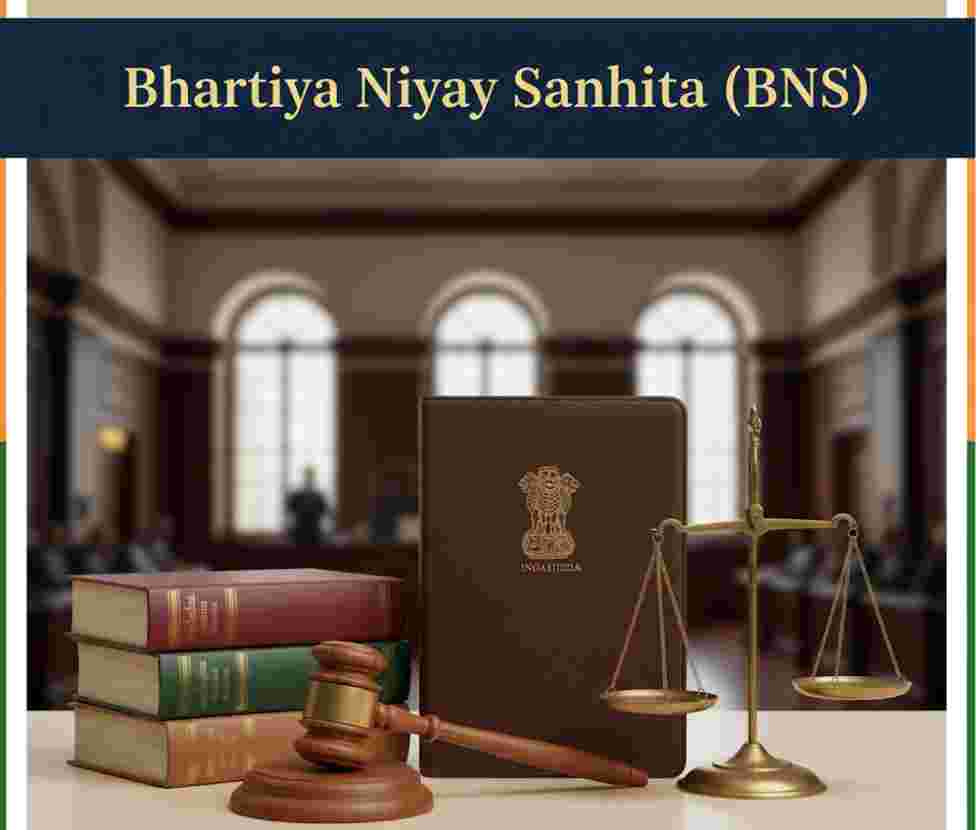
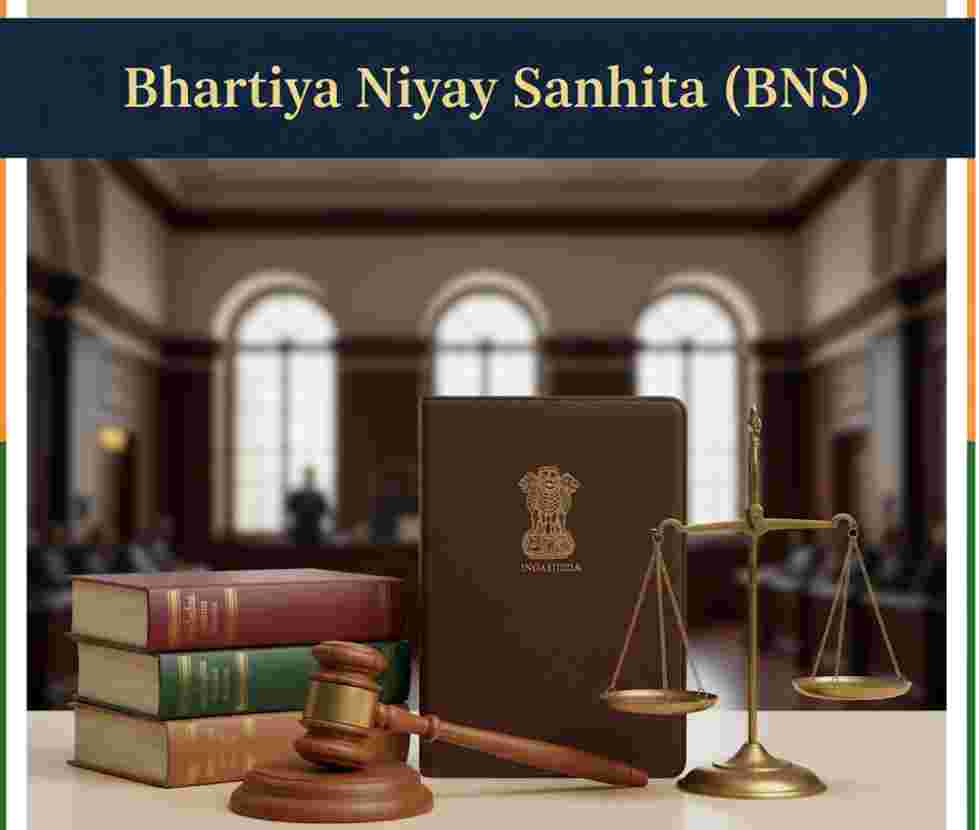
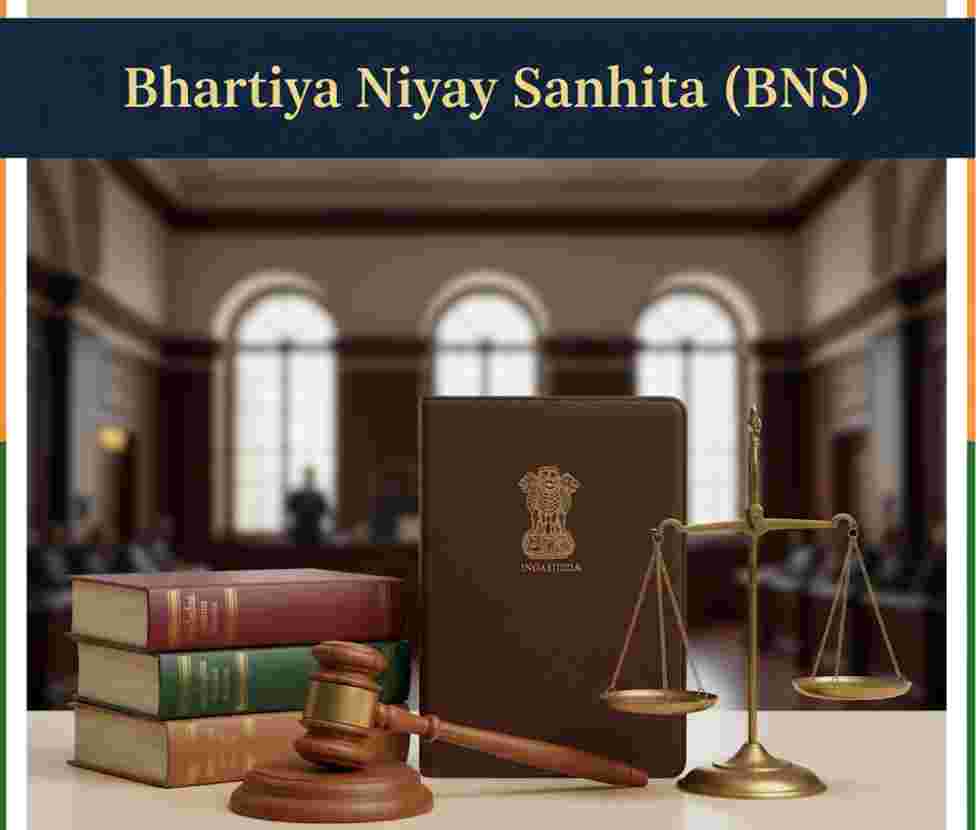
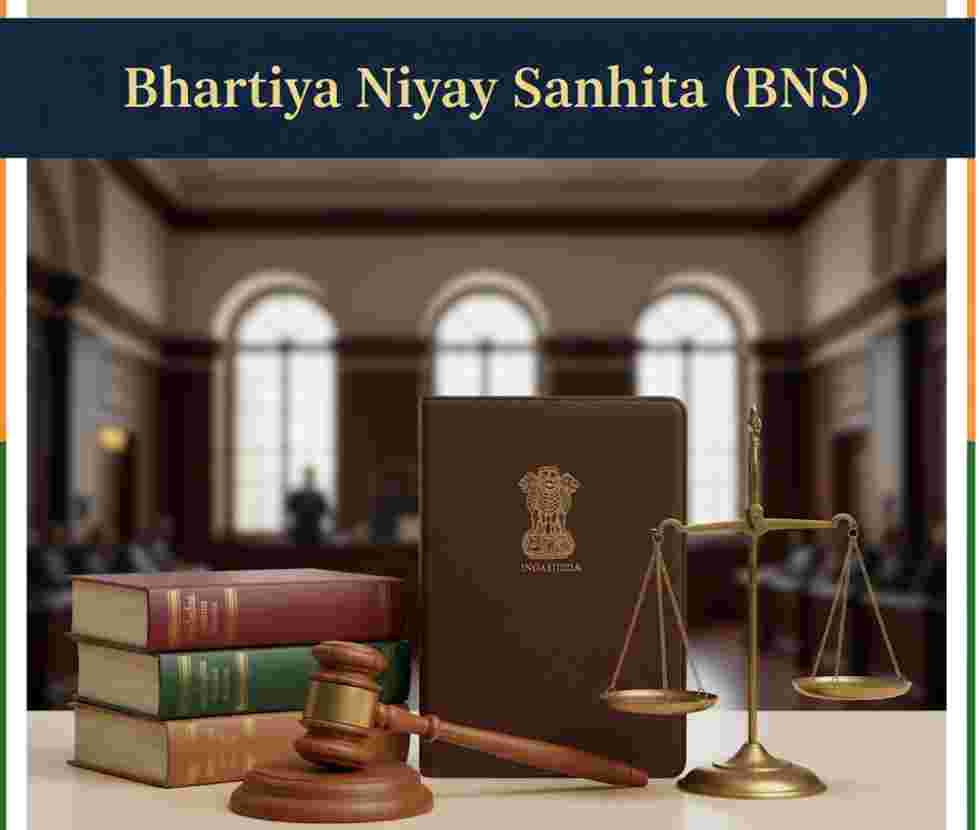
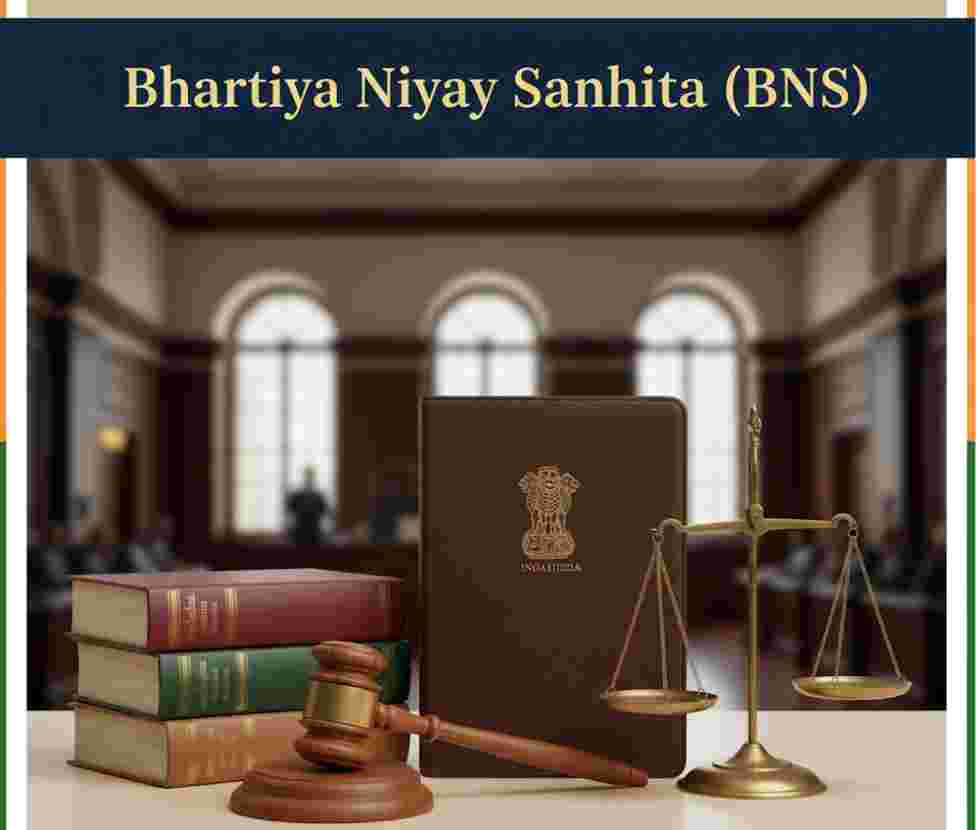
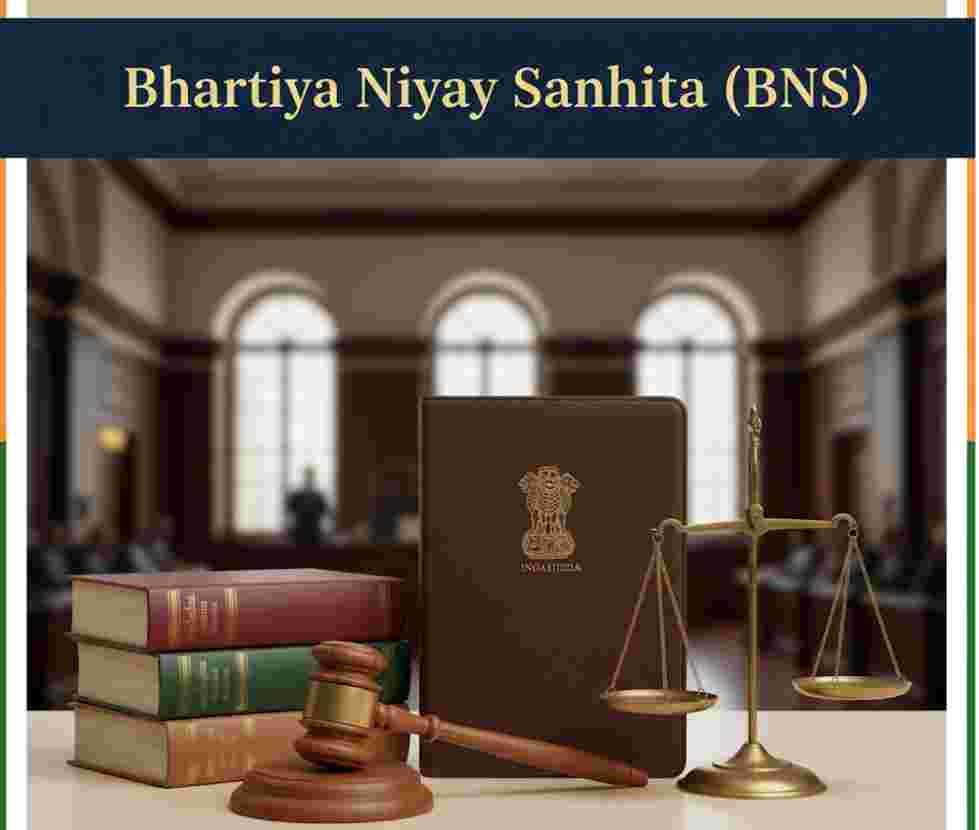
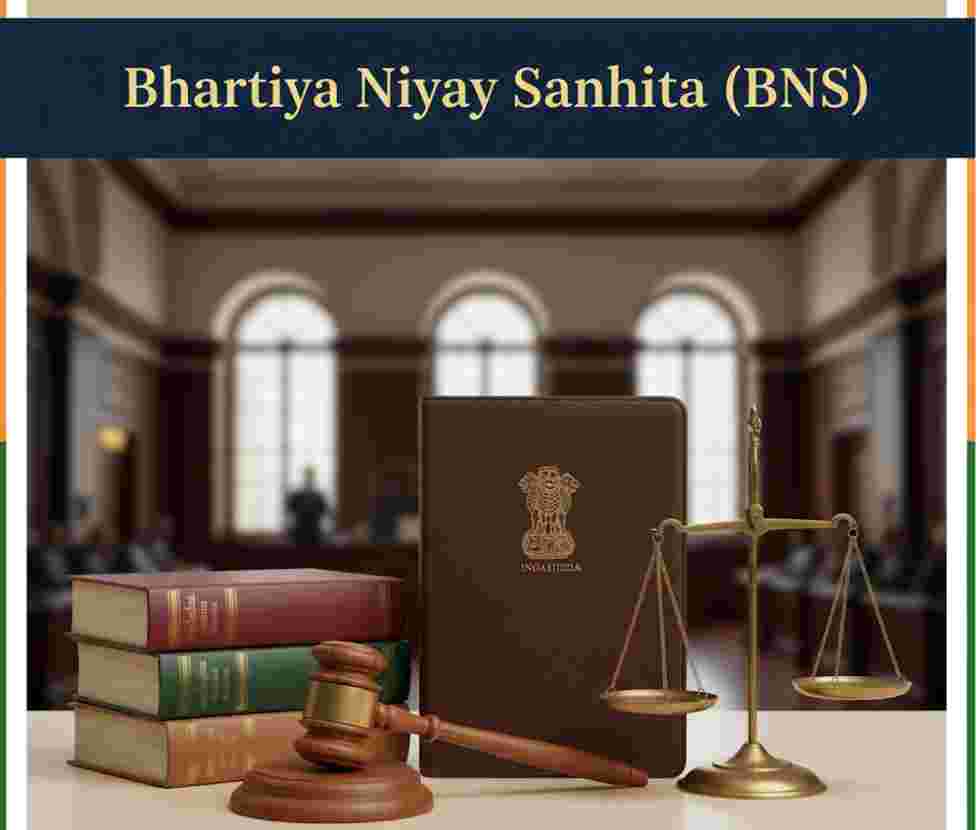
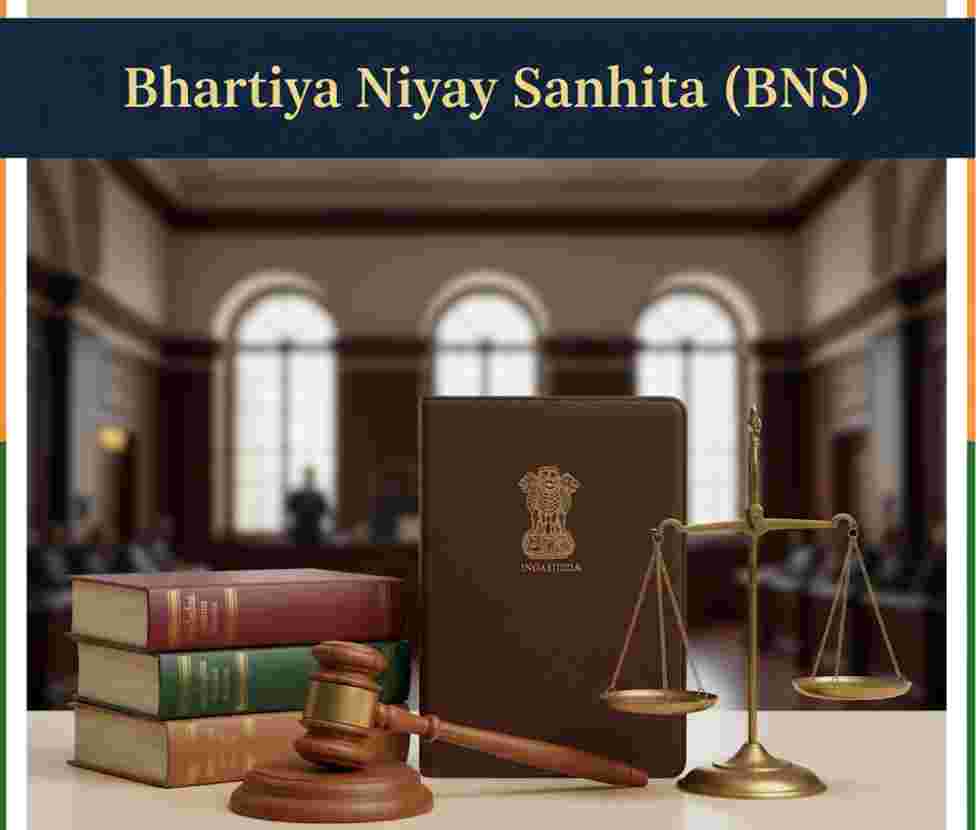
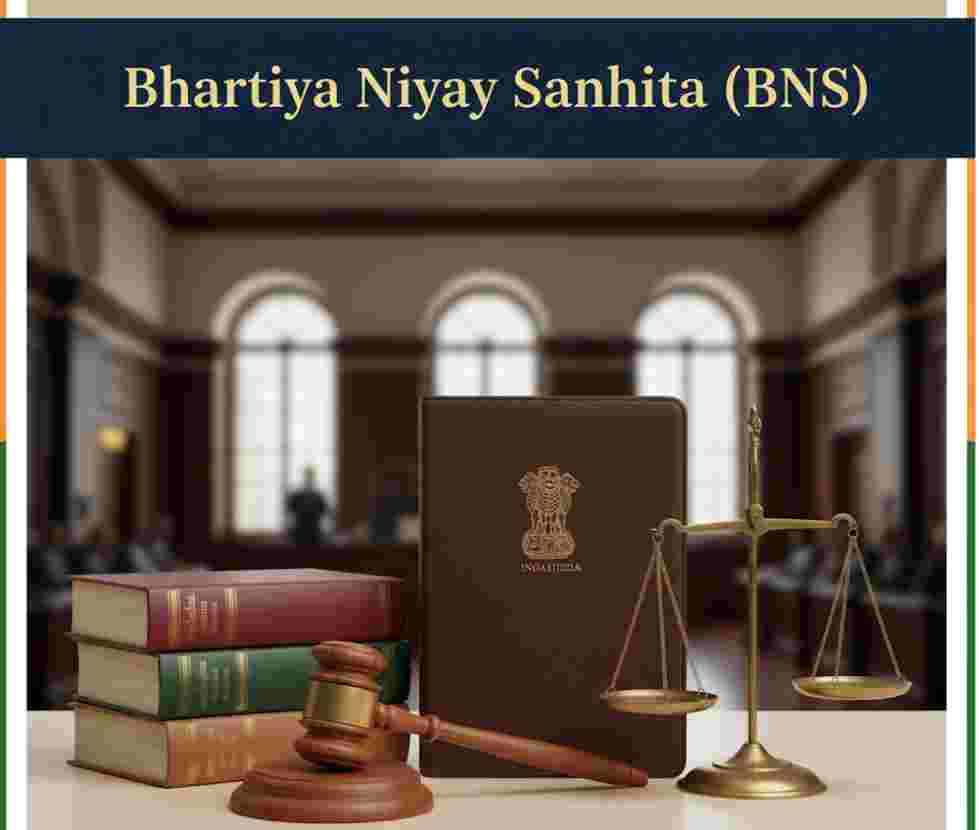
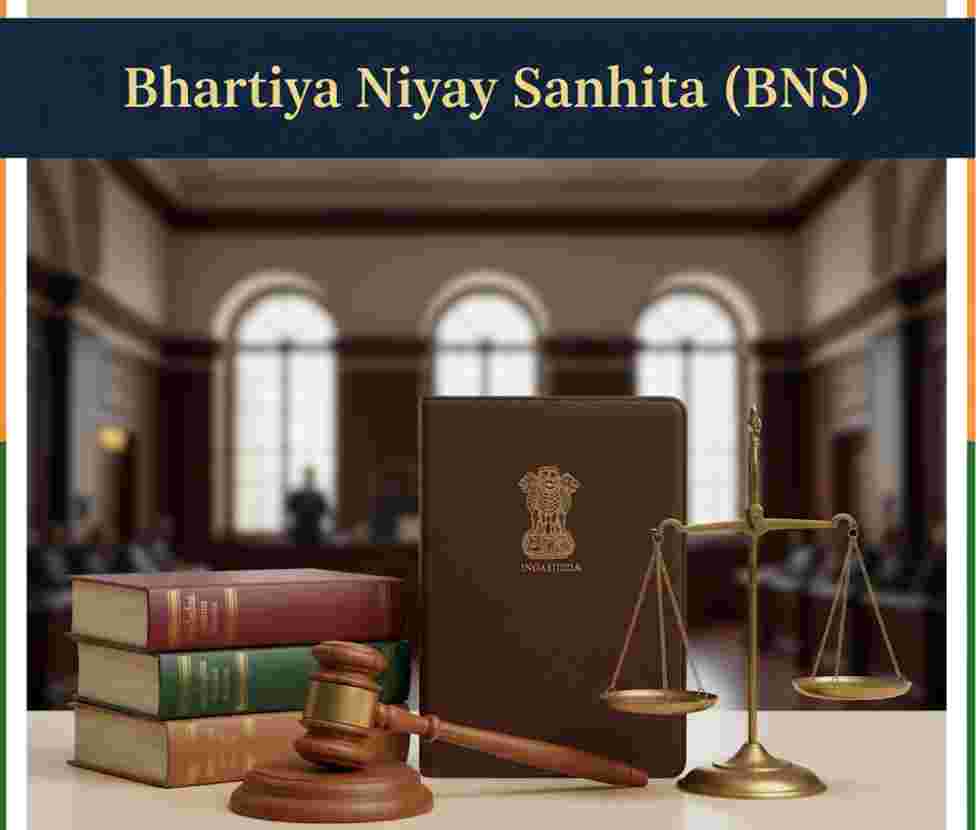
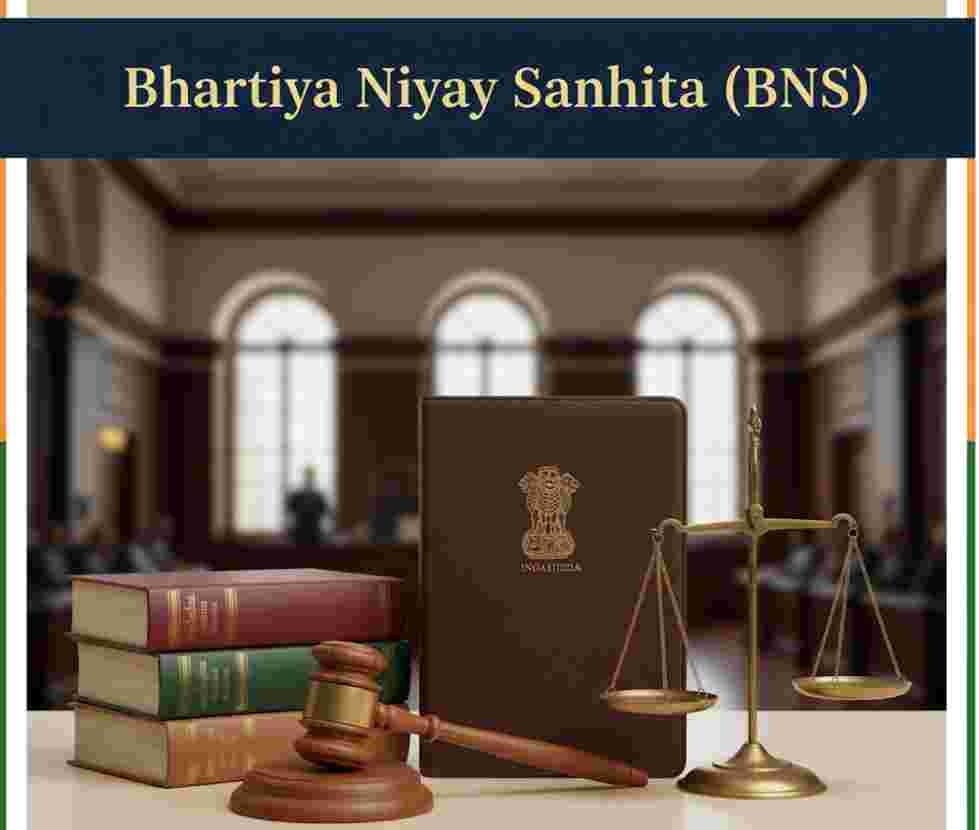
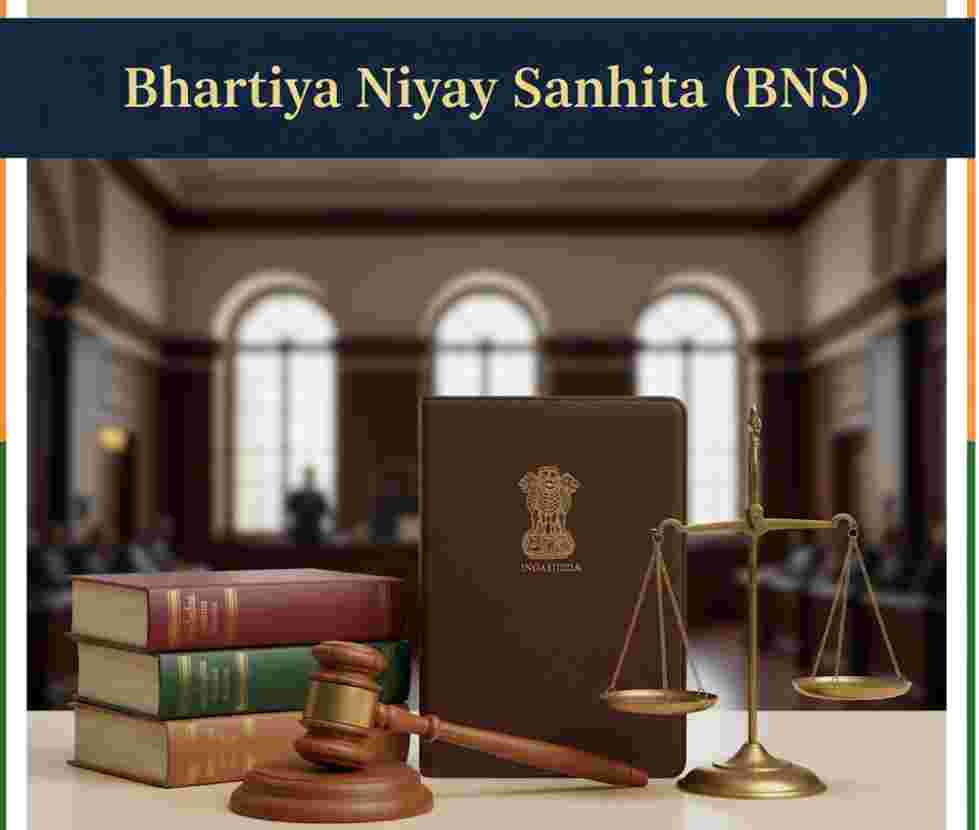
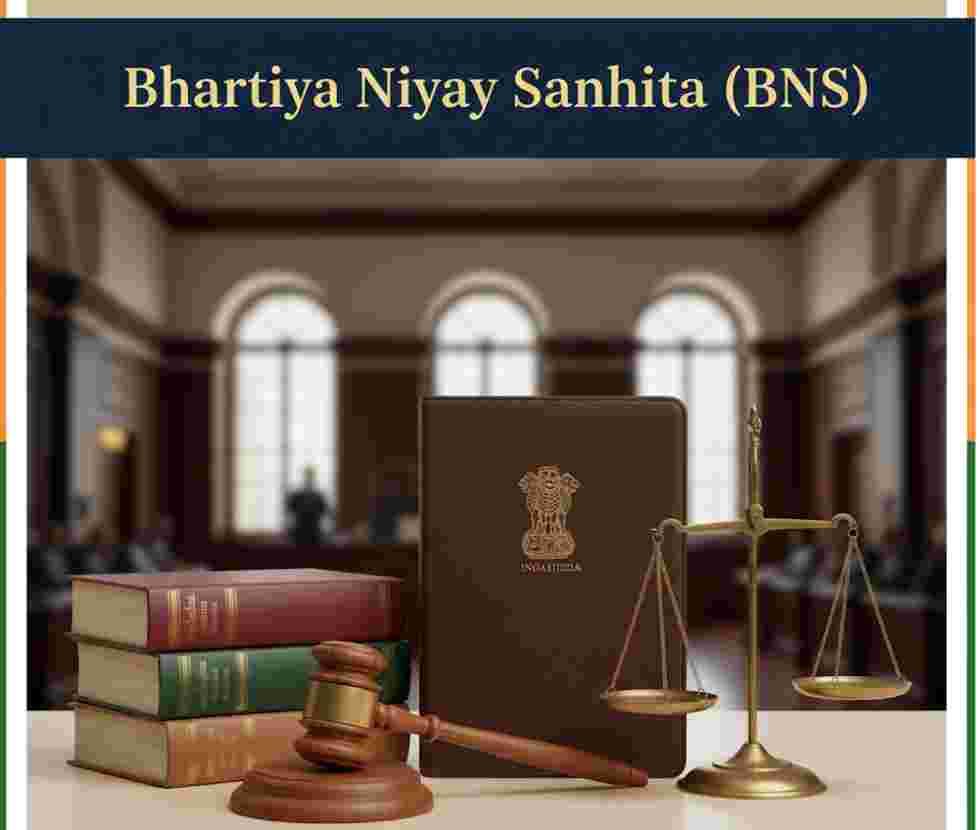
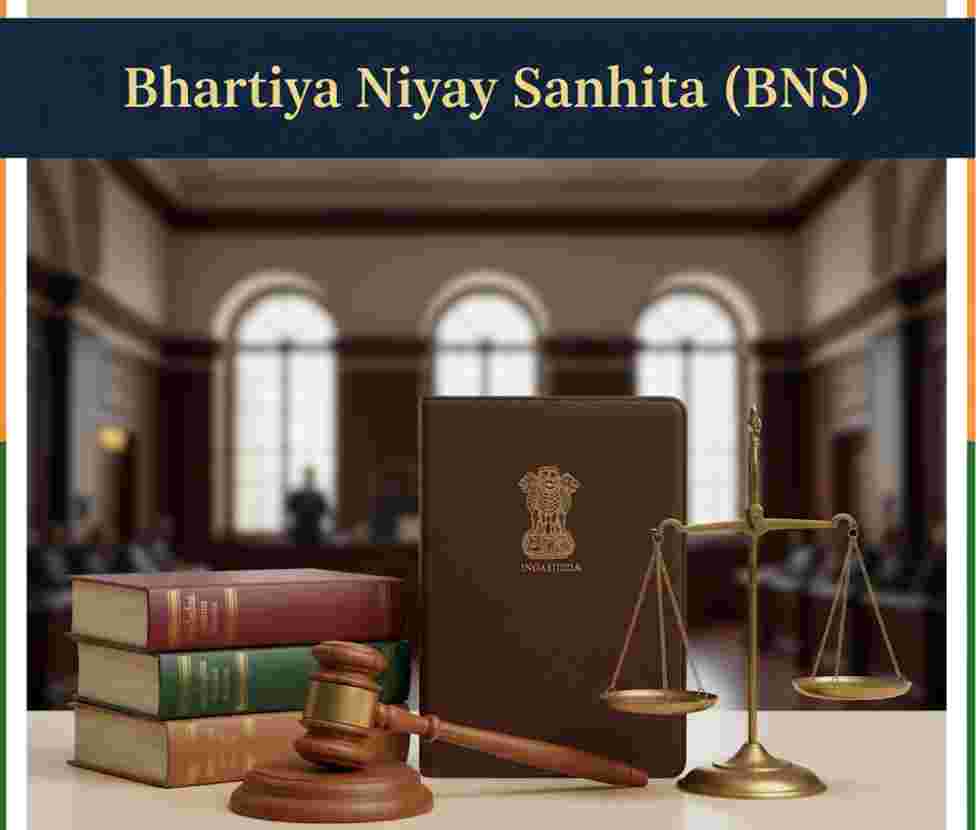
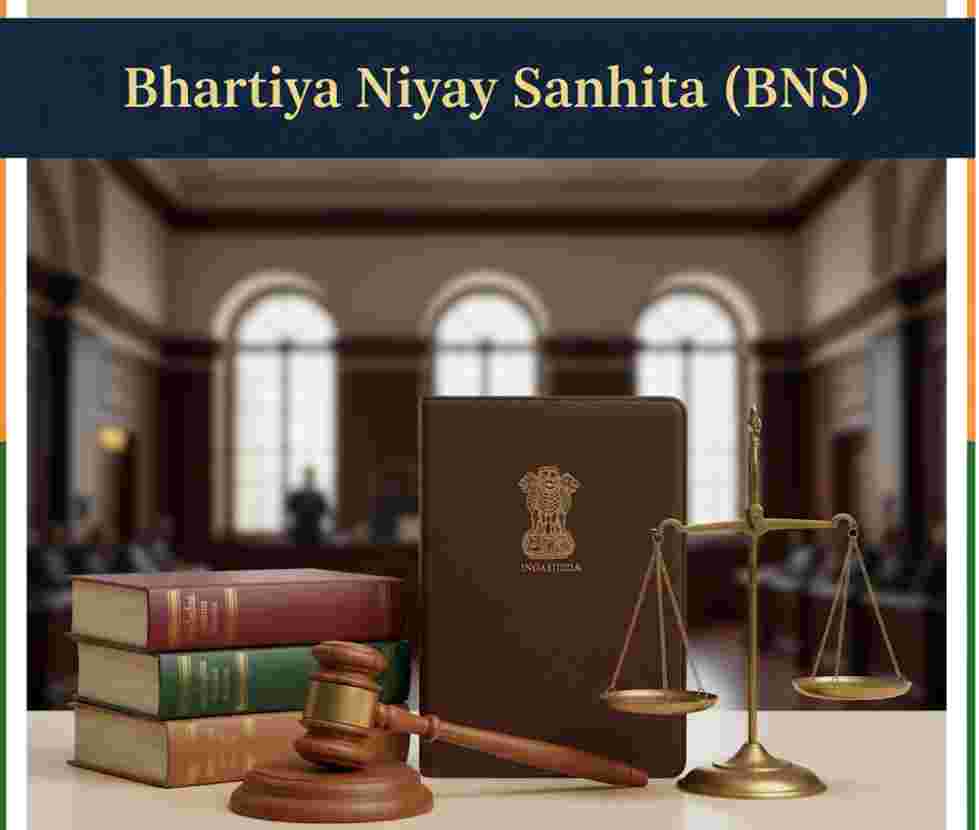
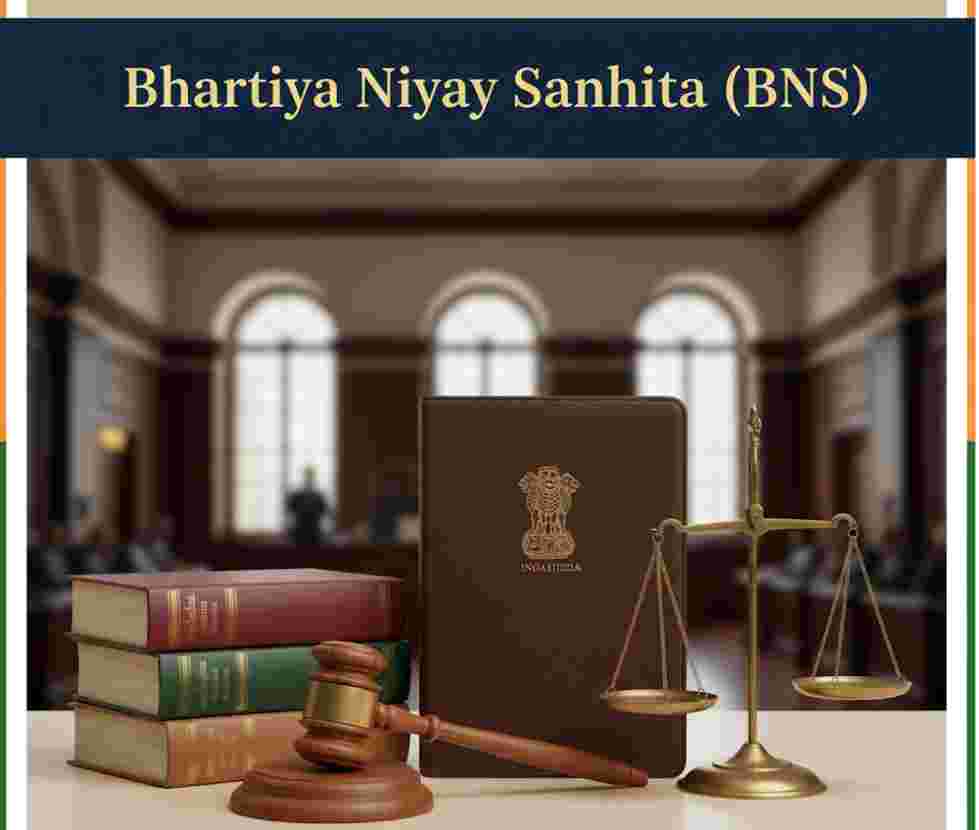
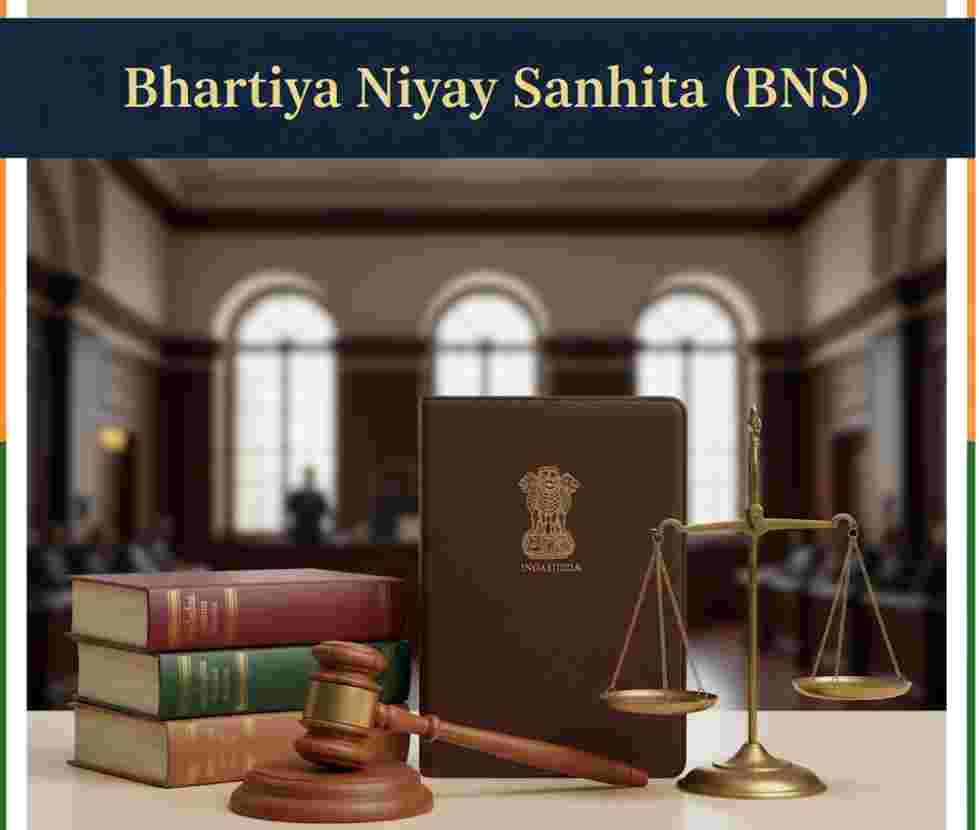
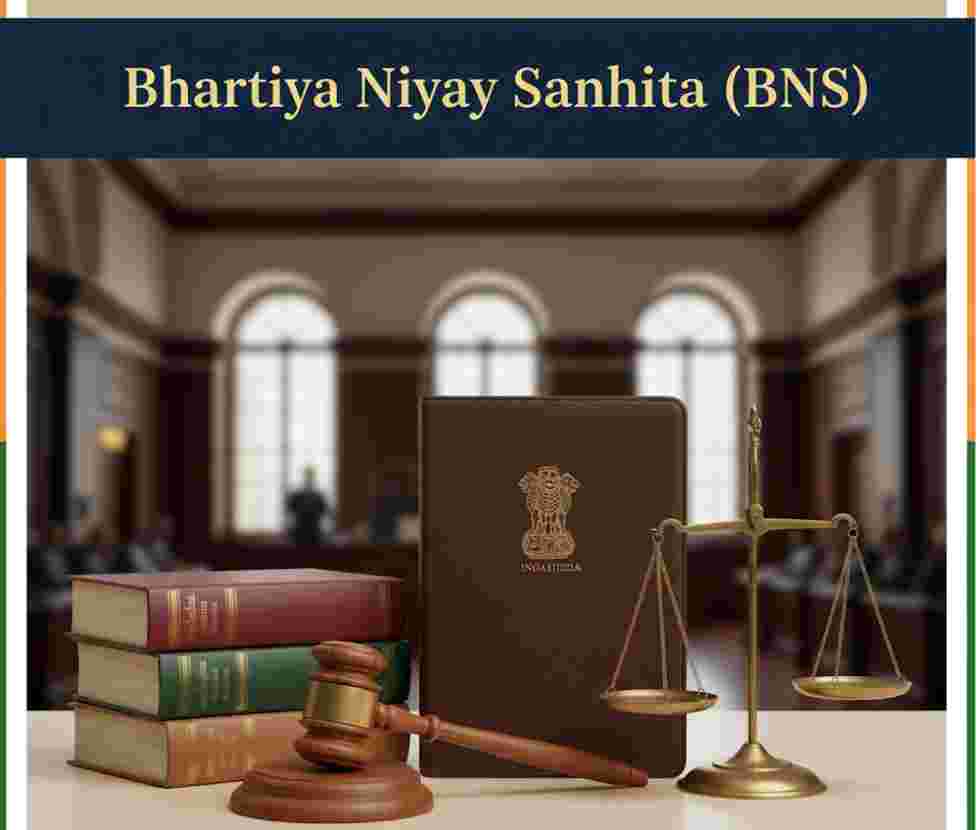
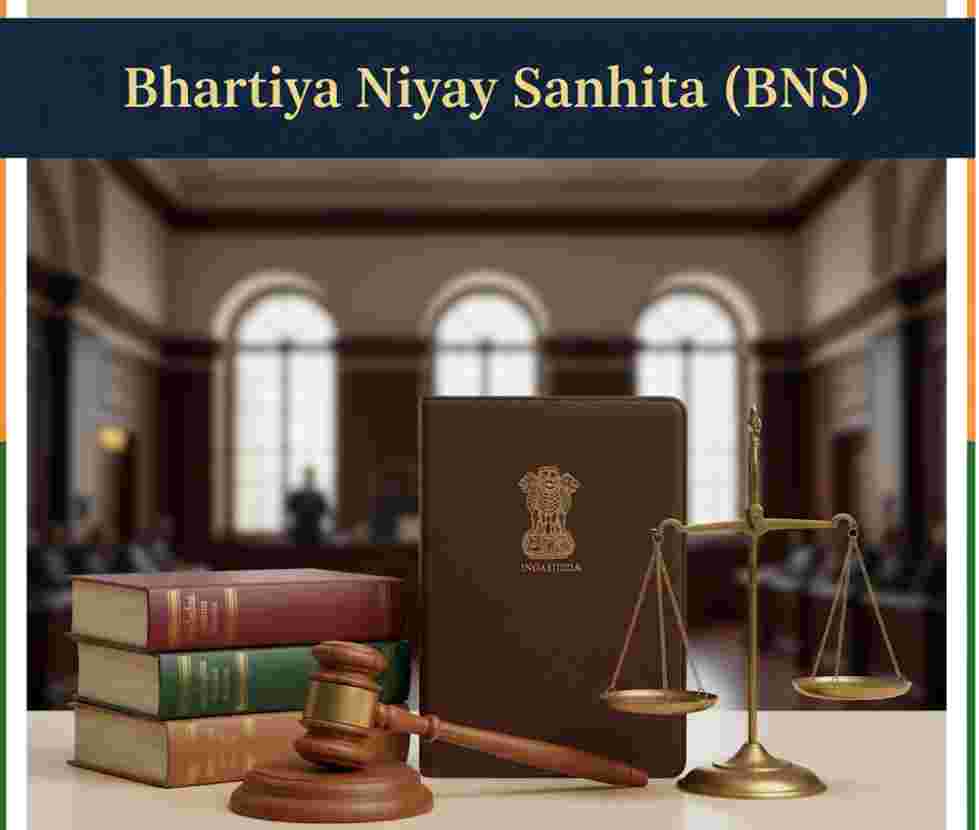
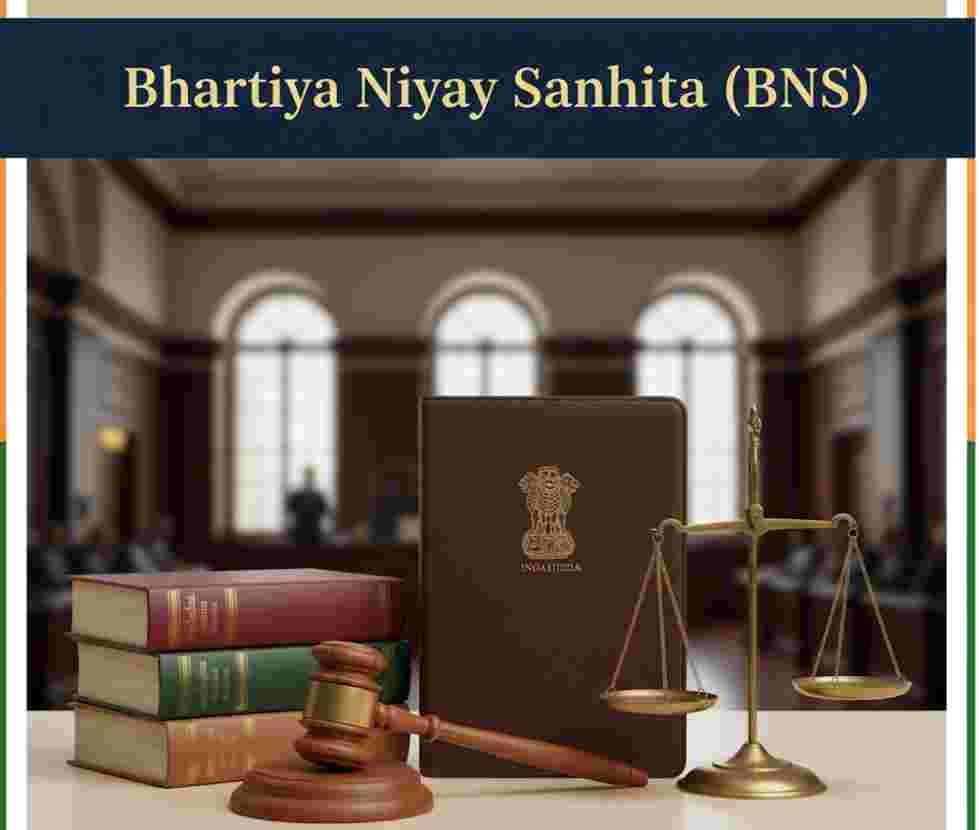
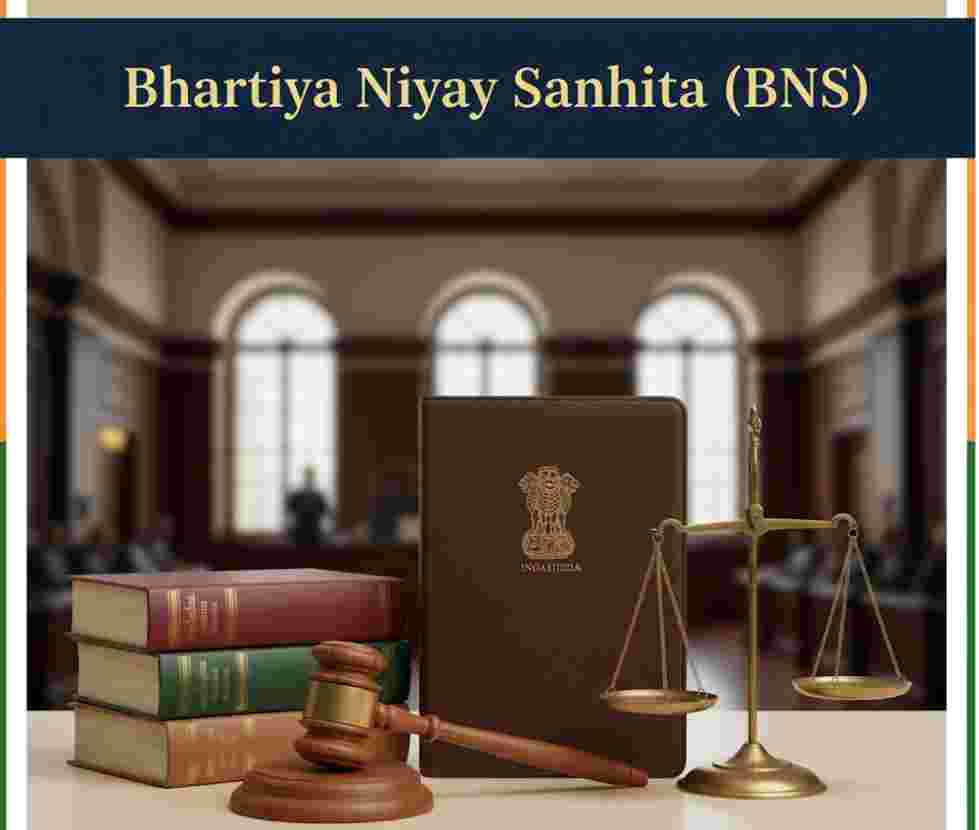
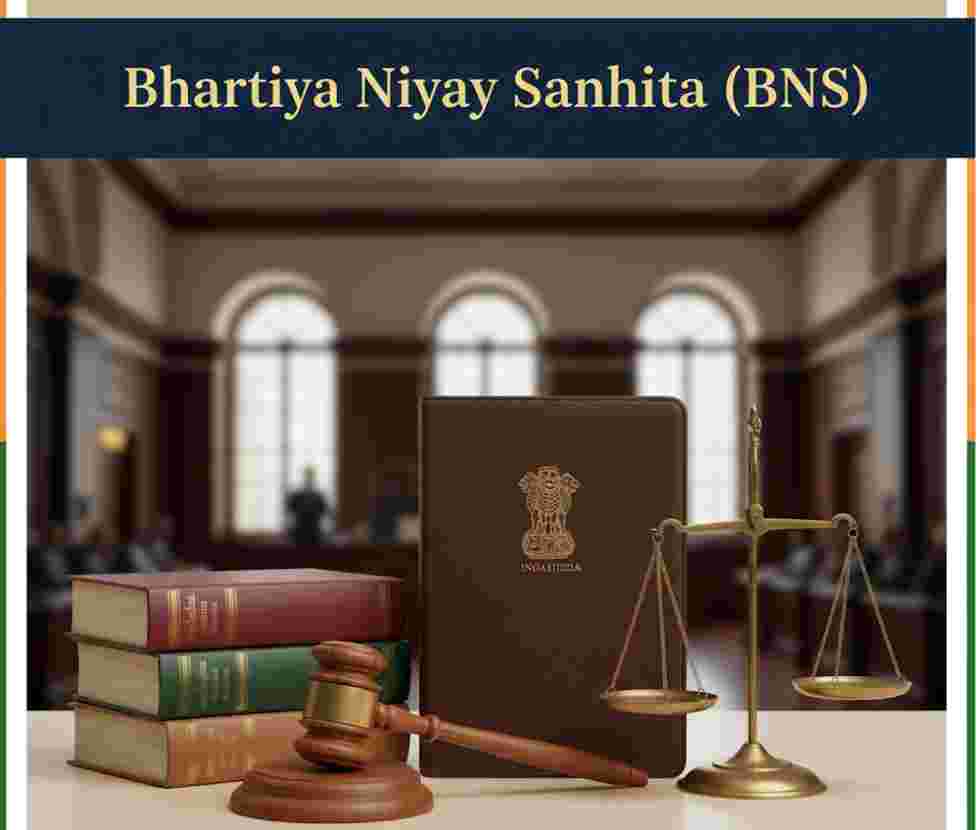
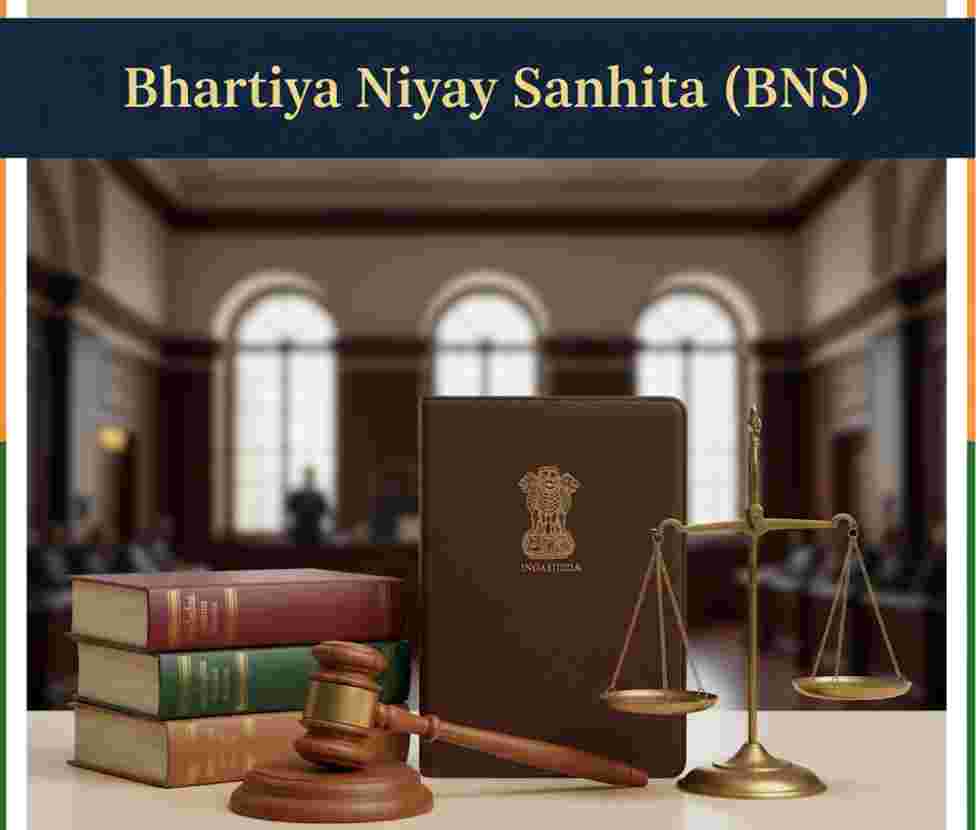


































































































Comment
Nothing for now